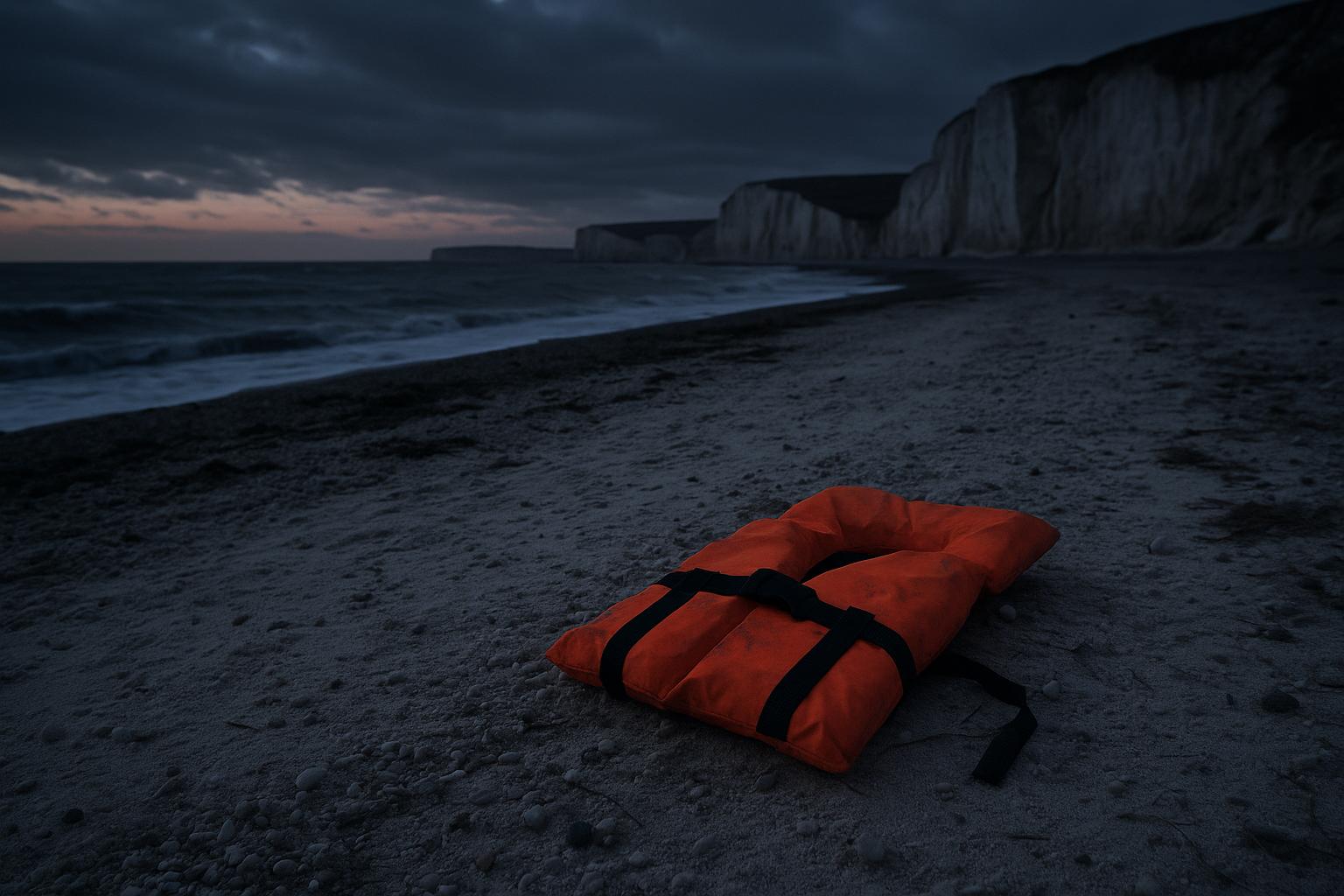Shabana Mahmood, the newly appointed Home Secretary, is set to host a high-profile gathering of the Five Eyes security alliance leaders in London to tackle the growing crisis of people-smuggling and record arrivals of migrants crossing the English Channel. The meeting includes homeland ministers from key allies—the United States, Canada, Australia, and New Zealand—and marks Mahmood’s first major engagement since her appointment in Prime Minister Keir Starmer’s extensive cabinet reshuffle. The summit aims to forge new, coordinated strategies to strengthen border security, dismantle smuggling networks, and protect the UK’s borders amid unprecedented migration pressures.
Recent Home Office figures reveal a staggering surge in small boat crossings this year, with over 30,000 migrants arriving in the UK by sea so far in 2025—already exceeding previous annual records. On one particularly busy day, 1,097 individuals arrived in 17 small boats, underscoring the urgency of the crisis. This figure represents a 37% increase compared to the same period in 2024 and 2023, making it the earliest point in the year that the 30,000 milestone has been passed since data collection began in 2018. Mahmood described these numbers as “utterly unacceptable” and expressed expectations that returns of migrants to France under a recently agreed bilateral deal would commence imminently.
The Five Eyes talks extend beyond people-smuggling. Officials will also address growing concerns around online child sexual abuse and the spread of lethal synthetic opioids, reflecting a broad security agenda. UK Interior Minister Mahmood will be joined by US Secretary of Homeland Security Kristi Noem, Canadian Public Safety Minister Gary Anandasangaree, Australian Home Affairs Minister Tony Burke, and New Zealand Minister Judith Collins. The collaboration is intended to enhance intelligence sharing and law enforcement cooperation to disrupt transnational criminal enterprises that exploit migration routes and digital platforms.
In response to the migration surge, the UK government is pursuing a series of more stringent domestic measures. One key policy under discussion is relocating asylum seekers from hotels—currently housing tens of thousands—to military barracks as temporary accommodation. Defence Secretary John Healey has confirmed this plan, which is part of the government’s broader strategy to restore public confidence in border control and manage asylum seeker housing more effectively. This move follows widespread public protests against hotel accommodations and signals a tougher stance on immigration under the Labour government, which faces pressure from right-wing opposition parties like Reform UK. Critics, including refugee advocacy groups such as the Refugee Council, argue that such measures are misguided, advocating instead for faster, fairer processing of asylum claims and better community-based support to help refugees rebuild their lives.
Prime Minister Keir Starmer’s reshuffle, which saw Mahmood take the helm at the Home Office, is partly a political move to sharpen Labour’s immigration policy and stem voter attrition to parties with harder immigration platforms. Starmer has instructed his Cabinet to “go up a gear” in delivering on Labour’s agenda, with immigration control featuring prominently. This reflects a notable shift to more right-leaning policies on immigration within Labour, including plans to reinterpret the European Convention on Human Rights to facilitate deportations and consider more rigorous migration enforcement laws. However, this shift risks alienating some left-wing supporters of the party while trying to counteract growing public concern about irregular migration.
High-level border security efforts are spearheaded by UK Border Security Commander Martin Hewitt, who aims to halve small boat crossings within three years. Hewitt emphasises that while migration pressures arise from global conflict and climate change, success lies in significantly reducing smuggling activity and making crossings less viable. The government is also exploring international solutions such as “returns hubs” in third countries where rejected asylum seekers can be processed, and increasing penalties on smugglers through measures like travel bans, restrictions on social media use, and closer monitoring of illicit networks. These powers, to be introduced via a forthcoming border security and immigration bill, would grant law enforcement immediate tools to disrupt smuggling operations with serious criminal prevention orders.
Starmer has cast illegal migration as a security threat comparable to terrorism and has hosted a summit involving over 40 countries and major tech companies to address the organised crime dimension of immigration. Yet, critics argue that despite these efforts, Labour has struggled to curb Channel crossings, with some opposition voices advocating for a return to more controversial schemes like the Rwanda deportation plan. The government counters that multi-country cooperation and law enforcement synergy are beginning to yield results, pointing to deportations of over 24,000 individuals without the right to remain since July 2024.
Overall, the Five Eyes summit and related government policies illustrate the UK’s attempt to balance domestic political pressures and international collaboration in tackling complex migration and security challenges. The effectiveness of these measures remains to be tested amid continuing high migrant arrivals and sustained public concern about border control and asylum system capacity.
📌 Reference Map:
- Paragraph 1 – [1], [2]
- Paragraph 2 – [1], [5]
- Paragraph 3 – [1], [2]
- Paragraph 4 – [1], [3]
- Paragraph 5 – [1], [3], [5]
- Paragraph 6 – [4], [6]
- Paragraph 7 – [4], [7], [6]
Source: Noah Wire Services
